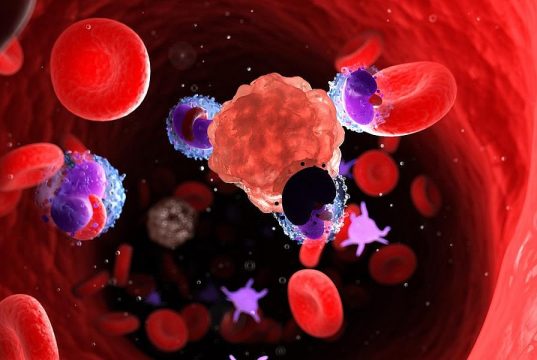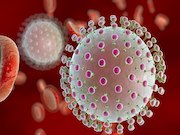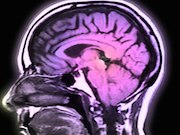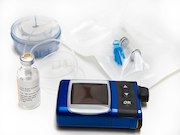Negative Fateful Life Events Linked to Advanced Brain Aging
More midlife FLEs, especially relating to interpersonal relationships, tied to advanced predicted brain aging
ZIKV RNA Often ID’d in Semen of Men With Symptomatic Infection
Drop in ZIKV RNA shedding in semen seen within 3 months after illness onset but can persist longer
Exercise Best Defense for Those at Genetic Risk for CVD
Benefit of exercise against cardiovascular disease notable even among those at high genetic risk
One Night of Sleep Deprivation Linked to Amyloid-β Burden
Increase in Aβ burden in right hippocampus and thalamus after one night of sleep deprivation
Metabolic Syndrome Common in Patients With Lupus
However, findings show that frequency of metabolic syndrome similar to the general population
Considerable Differences in Burden of Disease at State Level
Increasing burden of various diseases depending on state; overall death rates declined
Suggestions Offered to Reduce Physician Frustration With EHRs
Eight suggestions include providing individualized optimization training to personalize EHR settings
White Matter Tracts Differ for Infants With Fragile X Syndrome
Significant differences identified in the development of 12 fiber tracts between FXS, controls
Myocarditis Rare Side Effect of Immune Checkpoint Inhibitors
Myocarditis with ICIs may be more common than initially thought; responds to higher steroid dosages
Glycemic Extremes in T1DM Impact Cognitive Skills in Kids
Meta-analysis shows lower intelligence, diminished attention, slower psychomotor speed with T1DM



















